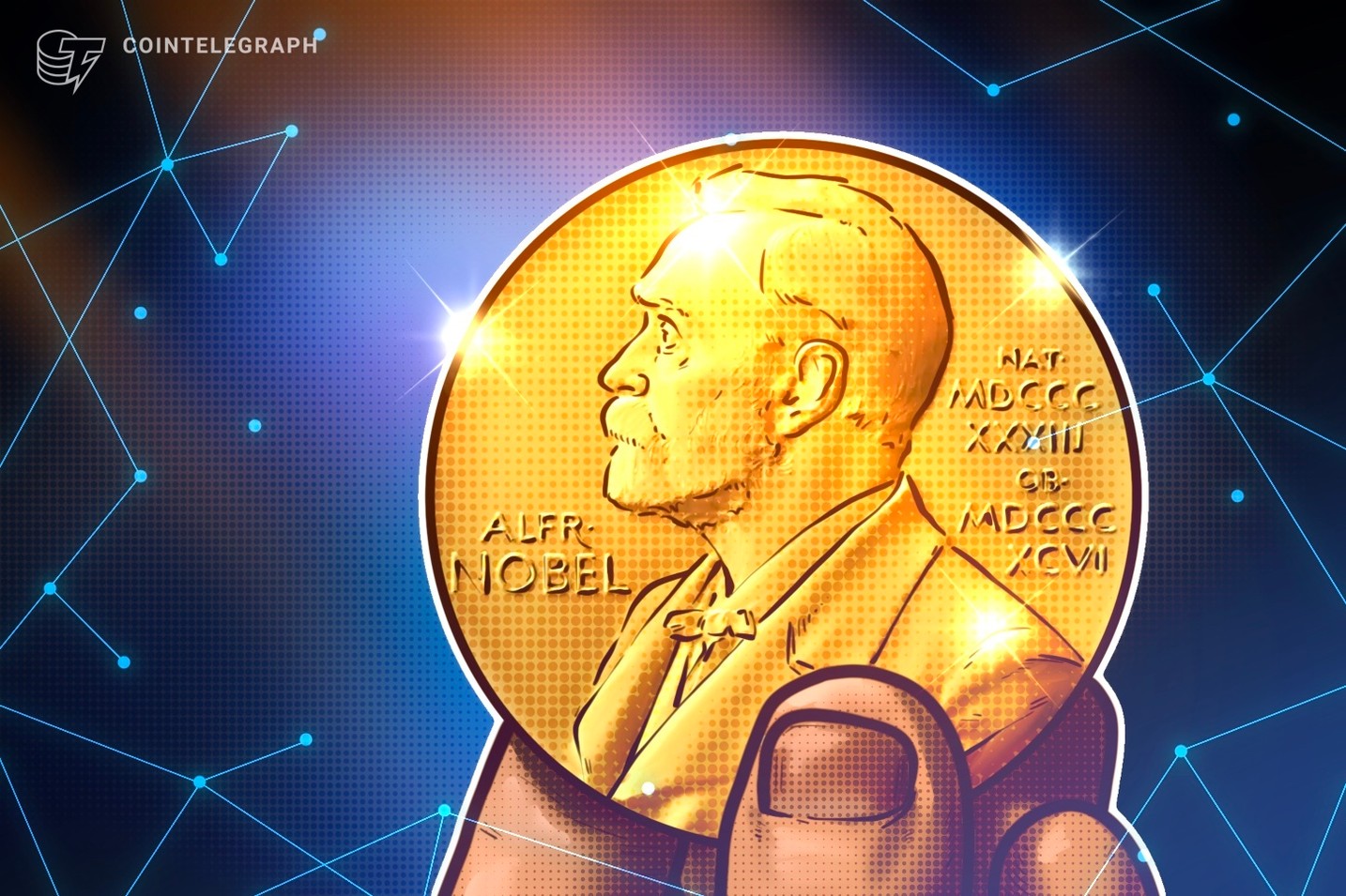
María Corina Machado, a prominent human rights activist and opposition figure in Venezuela, has been awarded the 2025 Nobel Peace Prize for her efforts to promote democracy in her country and for advocating Bitcoin as a crucial resource for Venezuelans in need of financial stability.
Machado has labeled Bitcoin as a “lifeline” in a country riddled with hyperinflation and severe economic challenges. In a previous interview with Alex Gladstein from the Human Rights Foundation, she mentioned:
“Some Venezuelans found a lifeline in Bitcoin during hyperinflation, using it to protect their wealth and to finance their escape. Today, Bitcoin bypasses government-imposed exchange rates and helps many of our people. It has evolved from a humanitarian tool to a vital means of resistance.”
*Translation: “Some Venezuelans discovered a means of survival in Bitcoin amidst hyperinflation, utilizing it to safeguard their assets and to fund their escape. Bitcoin now allows our people to circumvent government-set exchange rates. It has transitioned from being a tool for humanitarian aid to one essential for resistance.”
In her continued advocacy, she emphasized that aiding Venezuela’s most impoverished requires the establishment of property rights, controlling inflation, and ensuring everyone has equitable access to opportunities.
Critics argue that the Venezuelan opposition is merely a puppet for foreign interests, citing a meeting between U.S. Secretary of State Marco Rubio and various opposition leaders. They met to deliberate strategies for potential regime change in Venezuela.
Despite these criticisms, many activists and groups within Venezuela use Bitcoin as a means to protect their wealth and escape the stringent currency controls imposed by the local government.
Peer-to-Peer Technology: A Means of Liberation
Peer-to-peer technology is increasingly recognized as an effective strategy for political opposition against state control.
For example, during the Canadian trucker protests against COVID-19 restrictions in 2022, activists turned to Bitcoin when government authorities froze their financial resources. A subsequent ruling declared such government actions unconstitutional, showcasing the capability of decentralized technologies to protect personal assets.
The methods employed in these protests underscore Bitcoin’s role in circumventing state-imposed limitations, allowing funds to remain safe amidst oppressive governance.
In September, demonstrators in Nepal adopted Jack Dorsey’s Bitchat, a P2P messaging application that operates using Bluetooth to establish a communication network, effectively enabling communication even during complete internet shutdowns.
This highlights the evolving landscape of technology in support of freedom and resistance against autocratic regimes.


